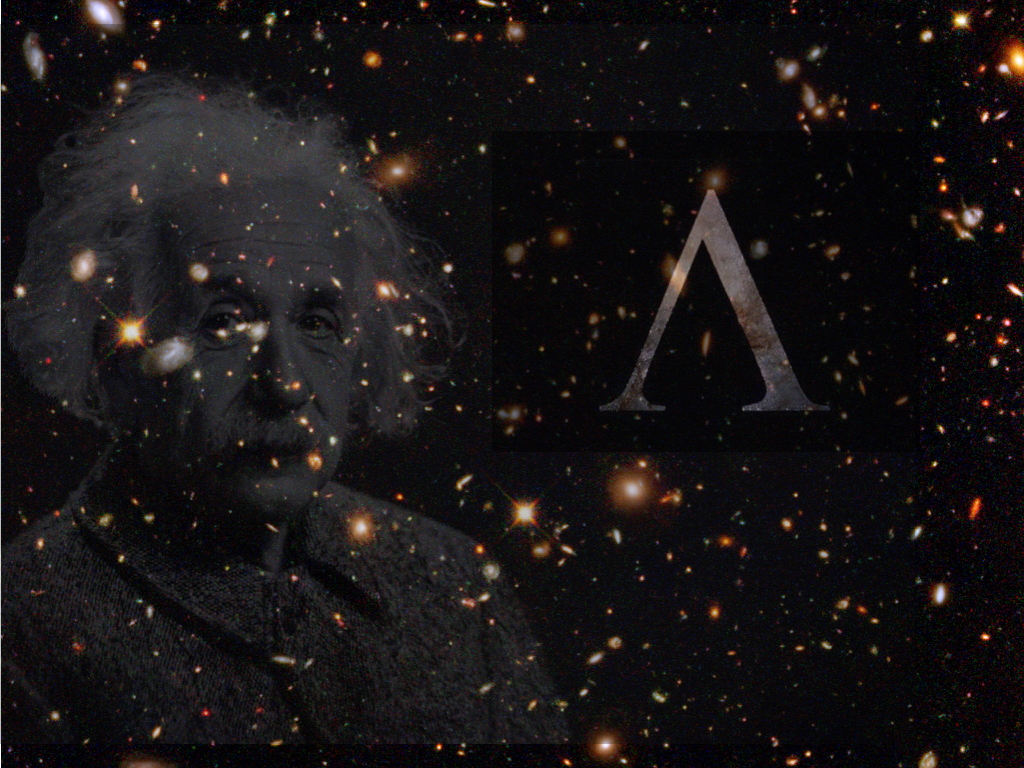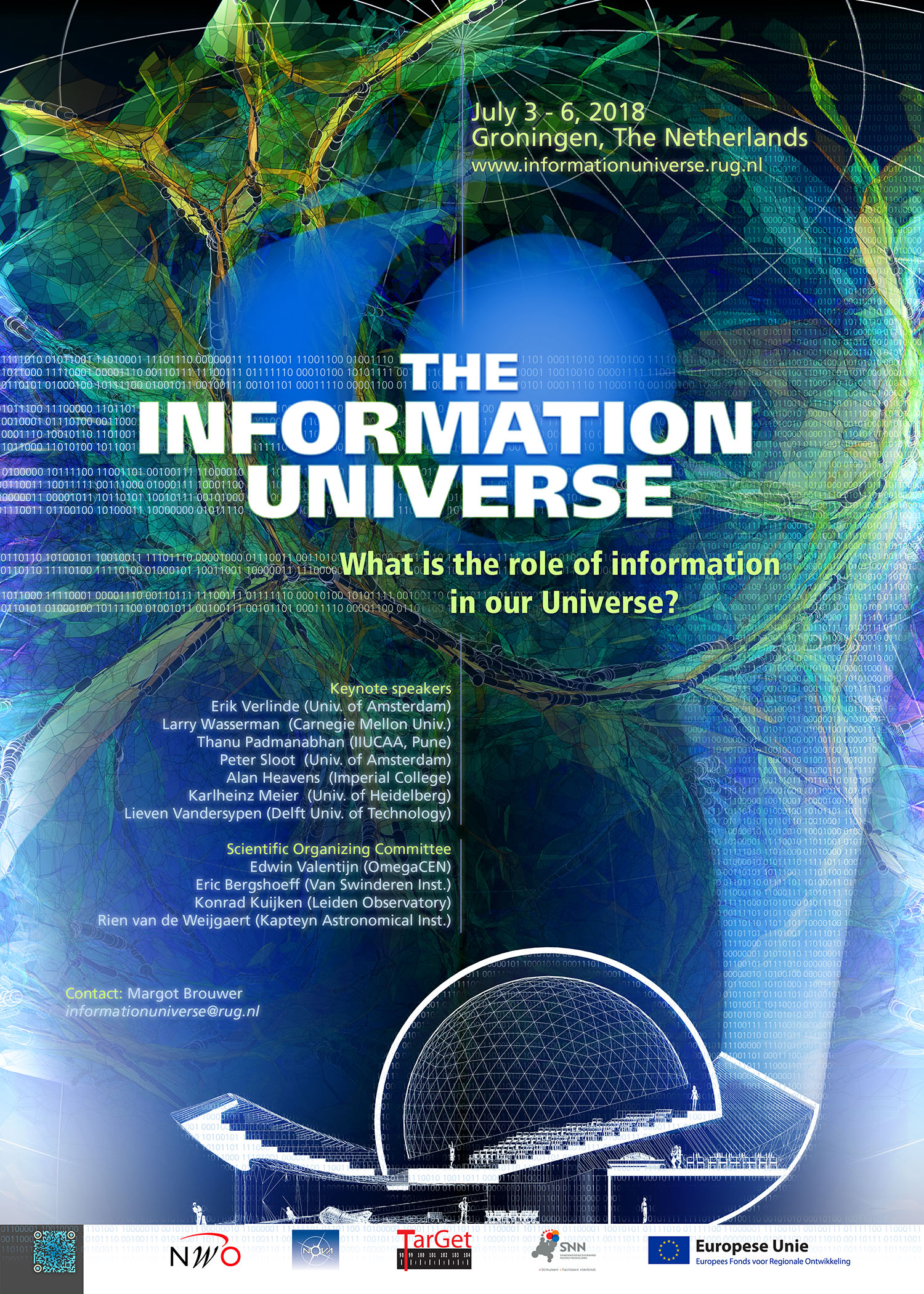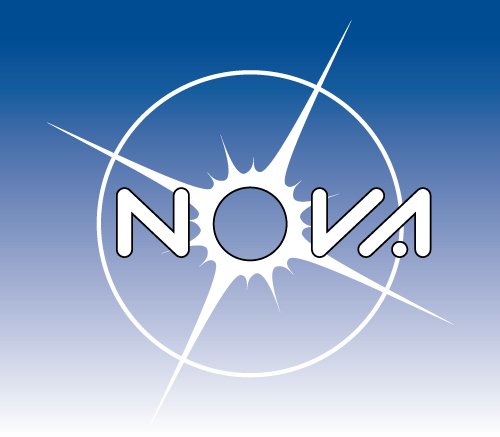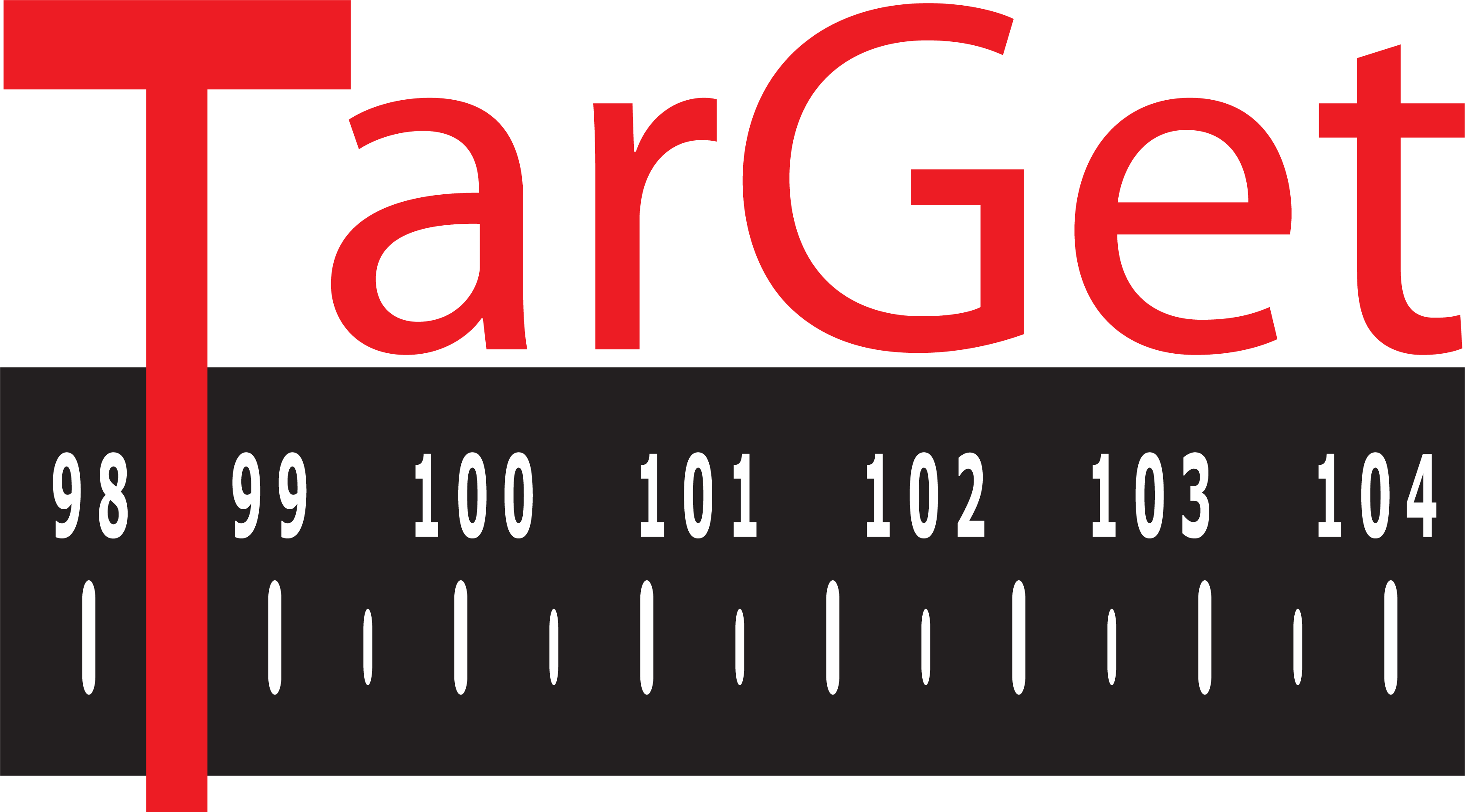News
26 October 2018:
Dear all, we are glad to announce that all videos from the IU2018 are available. You can watch all presentations through the IU programme, or our YouTube channel. Enjoy and share!
Take a look at this full dome picture of the KiDS dark matter maps taken from the presentation by Prof. Edwin Valentijn. We hope to see you at the next IU conference.
13 September 2018:
Dear all, we are now busy editing the videos but we will publish them very soon. Take a look at our group picture.
25 June 2018:
Only one more week before The 2nd Information Universe Conference starts! We have finalized our programme, which you can find here. If you want to join us next week, you can still register at our registration page.
22 December 2017:
After a succesful first Information Universe Conference in 2015 we are pleased to announce that the second IU conference will take place 3-6 July 2018 in Groningen in the same venue, now called DOT- DOTliveplanetarium. The web site of the 2015 conference is archived.
Welcome
The key topic of the IU conference series is: “What is the role of information in the Universe and its description?”. In an epoch where scientists need to handle Big Data and simulations, find highly organized systems in nature and grapple with the role of information in physics and other sciences, this appears to be one of the more fundamental questions that needs to be answered in order to understand the world around us. The Information Universe conference intends to unite various approaches, addressing the fundamental role of information both in nature (in vivo) and in data analysis, theory and computer modelling (in vitro).
The conference will approach the key role of information from the point of view of several disciplines: e.g. cosmology, physics, mathematics, life sciences, computer science (including quantum computing) and neuroscience. The deeper role of information is formulated in different ways by these various disciplines, leading to a multitude of fundamental questions such as:
- Is there a deeper physical description of space-time and gravity based on information?
- The Big Data Universe and our Universe: are our numerical simulations and Big Data repositories (in vitro) different from real natural system (in vivo)?
- Will quantum systems dominate the future of computing?
- What is the role of information in highly organized complex life systems and genetics?
- What will be the role of machine learning in the future of science?
- How will big datasets from new experiments, such as Euclid, help us in understanding fundamental cosmological problems: dark matter, dark energy, inflation and structure formation?
- Is the universe one big information processing machine, a hologram, one of many?
The conference will be held in the new 260 seats planetarium theatre in Groningen, which provides an inspiring immersive 3D full dome display, e.g. numerical simulations of the formation of our Universe, and anything else our presenters wish to bring in. The digital planetarium setting will be used to visualize the theme with modern media.
Keynote speakers

Erik Verlinde
Professor of Theoretical Physics, University of Amsterdam, the Netherlands

Thanu Padmanabhan
Distinguished Professor, Inter-University Center for Astronomy and Astrophysics in Pune, India
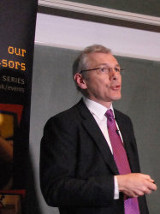
Alan Heavens
Director of the Imperial Centre for Inference and Cosmology, Imperial College London, England
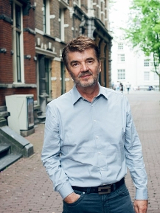
Peter Sloot
Professor of Computational Science, University of Amsterdam, the Netherlands
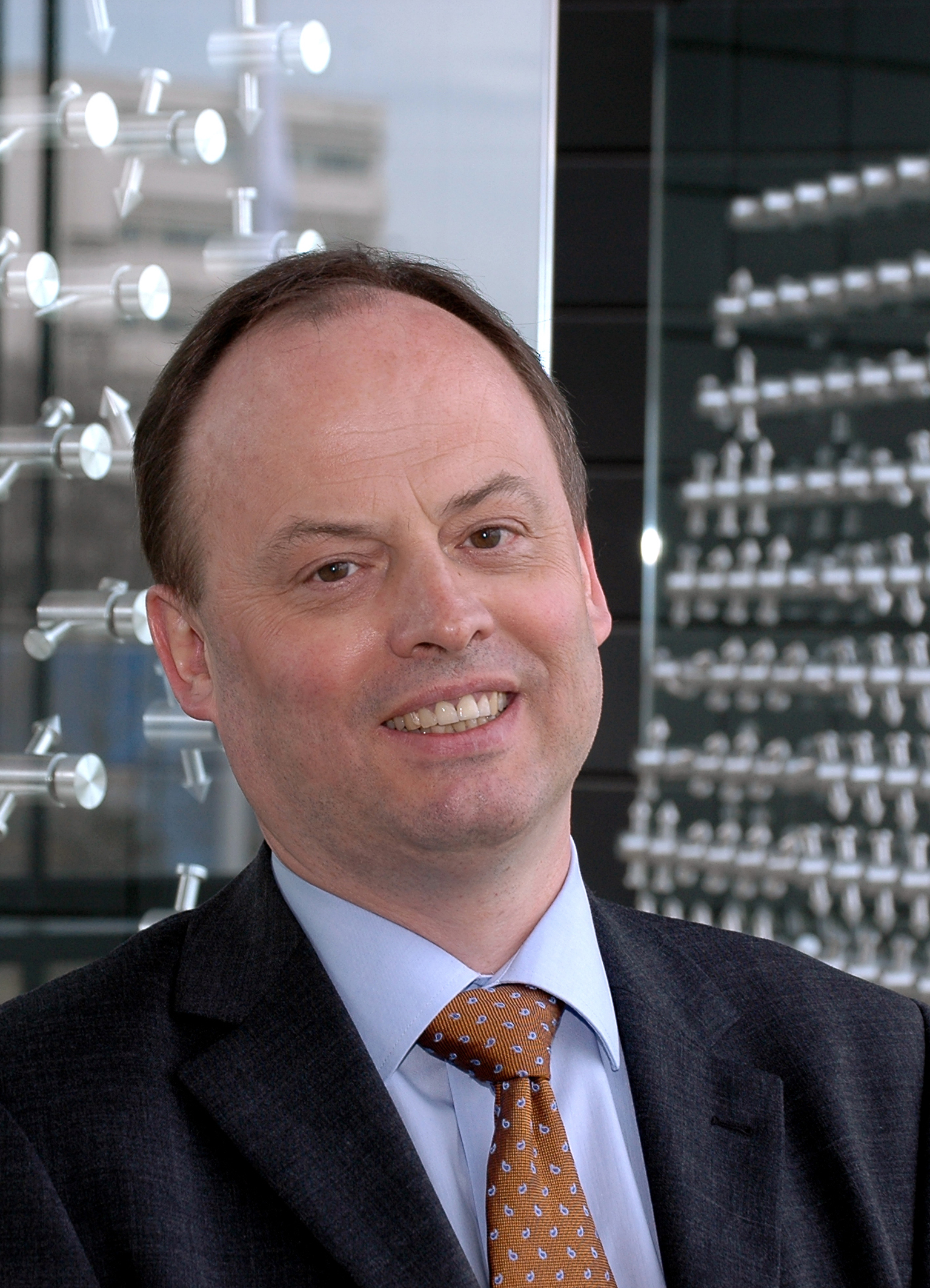
Karlheinz Meier
Professor of Experimental Physics, University of Heidelberg, Germany
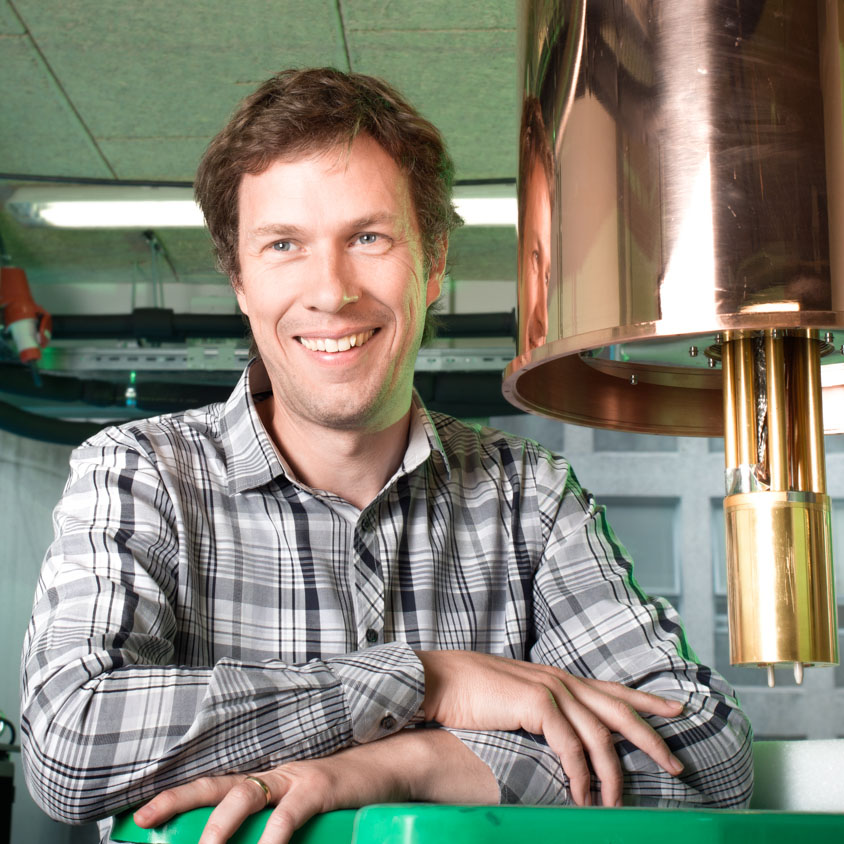
Lieven Vandersypen
Professor of Quantum Nanoscience, Delft University of Technology, the Netherlands
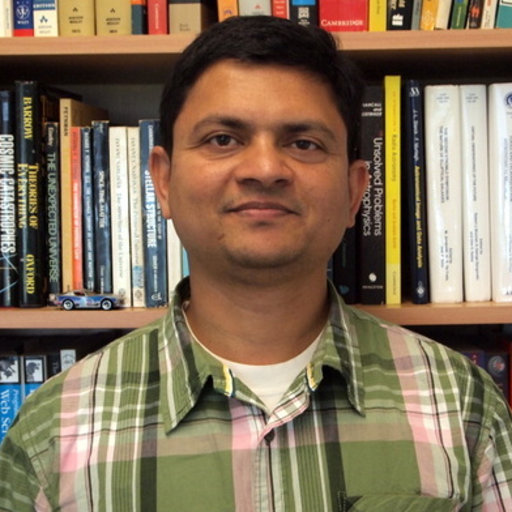
Ashish Mahabal
Computational data scientist, California Institute of Technology (Caltec), USA



